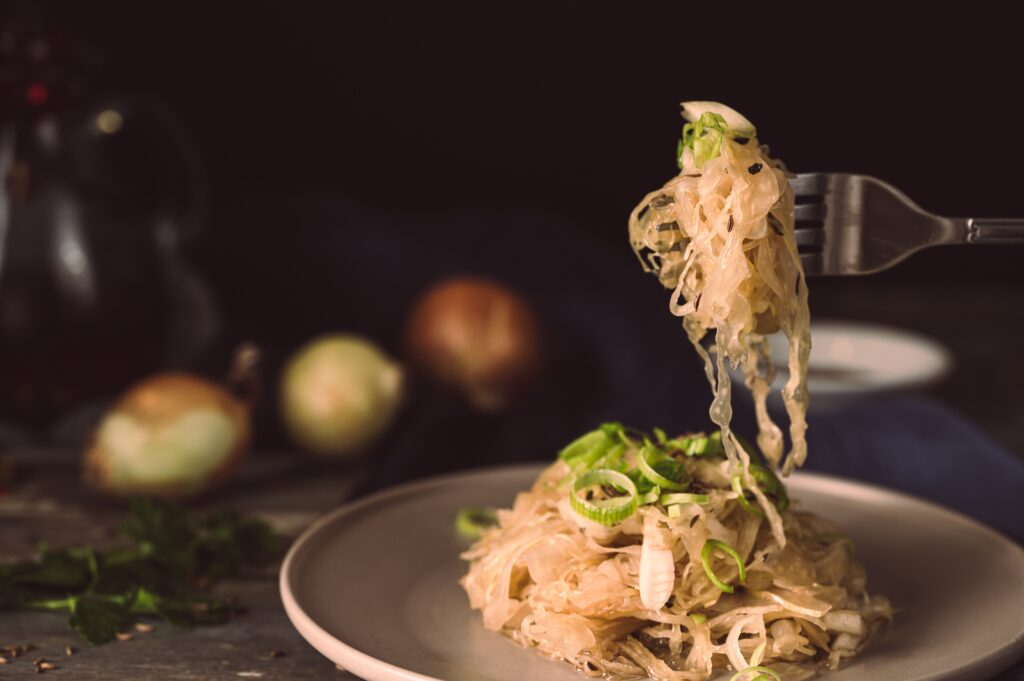
The simple answer is no. And the medical profession or more accurately Big Pharma really doesn’t want you to know that.
When I was in Naturopathic College almost 20 years ago, it was taught that there were just over 500 species of bacteria in the gut and they did a few things….
For over a decade now, we have known that there are over 35,000 species that are beneficial to our health. They do a huge number of things like:
- Digest food compounds we can’t
- Create enzymes
- Create vitamins like vitamin K, and B group vitamins including biotin, cobalamin, folates, nicotinic acid, panthotenic acid, pyridoxine, riboflavin, and thiamine
- Gases that help regulate byproduct gases
- Bile acids that help metabolize fats
- Metabolizing polyphenols
- Creating short chain fatty acids aka SCFAs – the three most abundant are acetate, propionate and butyrate all of which have a number of different roles
- Creating neuropeptides and neurotransmitters like GABA – one of the five major neurotransmitters
- Creating precursors for a number of compounds in the body
- Involved in various fermentation processes/products in the gut like fumarate, succinate and lactate
https://www.ncbi.nlm.nih.gov/pmc/articles/PMC5847071/
Consequently, we take pre- and pro-biotics to help support gut bacteria. But there are more bacteria in our system than in the gut.
For instance, our skin develops all kinds of issues/rashes when the skin bacteria is unbalanced. Oral issues are often the result of an imbalance in bacteria. As are nasal issues.
Bacteria is also found in our lungs, eyes, eye lashes, ears, and genitalia. They support us so we need to support them. But of course, there are good guys and bad guys, and we obviously need to support the good guys. In addition to providing us with a huge number of compounds, the good guys also work with the immune system to keep bad bacteria under control.
So how can we support our good bacteria or create a healthy microbiota? We eat prebiotic foods – those are the fibrous foods that transport and feed the bacteria. Sometimes those bacteria have to travel 15-30 feet to get where they need to be.
Then because we lose so much of our microbiota in the feces, we need to eat foods that will replenish the healthy microbiota. Foods that support a healthy microbiota include:
- Greek yoghurt without sugar, soft cheeses
- Kombucha, kefir
- Cabbage, sauerkraut, kimchi
- Fermented and pickled foods
- Grapes, peaches and sprouts have the best diversity
The challenge with many of the probiotic supplements is that the bacteria are either dead by the time you take the supplement or die in the hydrochloric acid of the stomach. If they live to get to the duodenum or the beginning of your small intestine, then, they depend on you to provide the food and transportation to get where they need to be.
The bottom line is, if you take care of them, they will take care of you.
Here’s to a healthy guy with lots of good bacteria.
